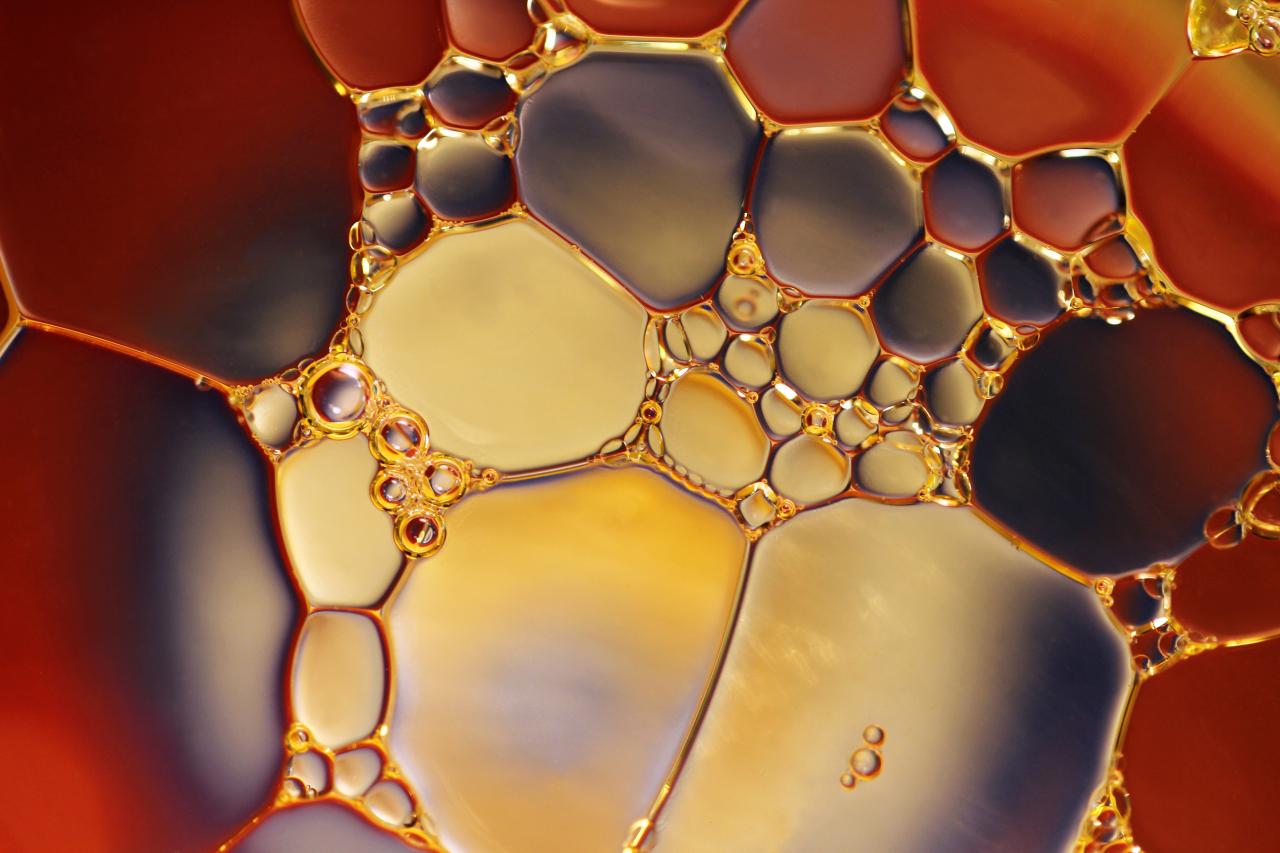L-arginine, also known as arginine, is a naturally occurring amino acid that helps produce protein. You get L-arginine from food and make it in your body. L-arginine is a non-essential amino acid, but it’s an important protein component. It may help reduce high blood pressure by up to 30%. It is important to know how your body uses L-arginine to help you understand the benefits of this supplement. We explore some of the common uses of L-arginine and provide tips on choosing high-quality supplements.
A Conditionally Essential Amino Acid
Proteins are essential for life. Arginine is an amino acid that is the building block of proteins. It’s one of the nine essential amino acids that humans need to get from food because they can’t make them in their bodies.
Plants, animals, and bacteria contain all the other 20 amino acids that can be made with no problem. Arginine is unusual in that it’s needed by humans only when they have certain diseases or are under stress—otherwise, we get enough from our diets (like meat).
What Is L-Arginine Used For In The Body?
L-arginine is an amino acid required by your body to make proteins. It also has other bodily functions, such as regulating blood pressure, improving circulation, and helping to prevent the formation of fatty deposits in the arteries. L-arginine, which you can get from food or supplements, is used by your body in several ways.
L-Arginine To Treat Heart Disease
L-Arginine is a vital component of protein and helps build muscle mass. It’s also essential for the body to produce nitric oxide (NO), which relaxes blood vessels and improves blood flow. L-arginine has many uses besides these benefits and it can be used as an alternative treatment for heart disease in some cases. Since L-arginine helps dilate the blood vessels, it can be used to treat acute ST-elevation myocardial infarction (STEMI). STEMI, or “heart attack.”
This occurs when a person suffers from sudden chest pain due to blockage in one or more coronary arteries. This blockage interrupts the flow of oxygenated blood throughout the heart muscle itself, depriving that area of oxygen and causing damage to nearby tissue.
Treating this condition involves restoring circulation by opening up blocked artery passages using drugs like nitroglycerin or angioplasty—which is where L-arginine comes into play. When administered intravenously directly after a heart attack has occurred (or even before if you’re at risk), L-arginine may help stimulate NO production while improving cardiac function overall.
Studies have indicated that supplemental intake of L-arginine can reduce high blood pressure and hypertension by up to 30%. This effect seems especially pronounced among those who suffer from low levels of NO production due to either lack thereof.
L-Arginine For Wounds And Bone Injuries
L-arginine is a non-essential amino acid that’s an important component of protein. Your body can make L-arginine from another amino acid called ornithine. If you don’t produce enough L-arginine on your own or are under stress (for example, because of sickness), your body may need extra L-arginine. People with certain health conditions such as cancer or Crohn’s disease may also need extra L-arginine.
Other Uses for L-Arginine
L-arginine has several other uses to help treat a variety of health problems. This amino acid can help treat several types of cancer including breast cancer and skin tumors in children. It’s also thought to help slow tumor growth.
Studies are ongoing to determine whether this amino acid works in humans as well in mice models of these diseases. Researchers hope that someday they can use L-arginine alongside conventional treatment options for people with these conditions.
Although L-arginine supplements do not seem to lower diabetes risk, early research suggests this supplement may improve insulin sensitivity. Still, more studies need to be done before any firm conclusions can be drawn about its effect on diabetes. L-arginine can help enhance athletic performance and recovery from exercise.

